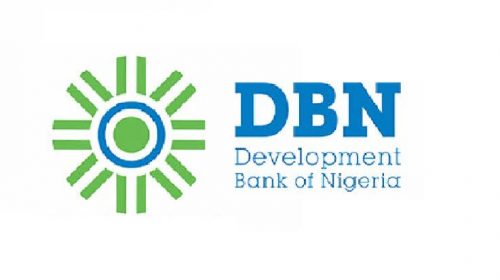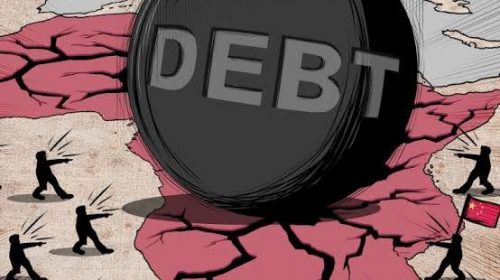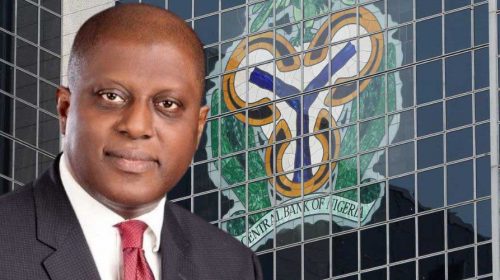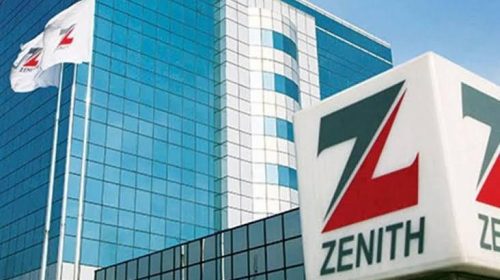MPC meeting: CBN retains MPR at 14 per cent
 The Central Bank of Nigeria CBN Governor, Godwin Emefiele yesterday disclosed that Monetary Policy Committee (MPC) has decided by a unanimous vote of the eight members in attendance to retain the Monetary Policy Rate at 14 per cent.
The Central Bank of Nigeria CBN Governor, Godwin Emefiele yesterday disclosed that Monetary Policy Committee (MPC) has decided by a unanimous vote of the eight members in attendance to retain the Monetary Policy Rate at 14 per cent.
This became necessary following crisis in the domestic economy and the uncertainties in the global environment.
Apart from the MPR, he said the committee also voted to retain the Cash Reserves Ratio at 22.5 per cent.
The committee equally retained the Liquidity Ratio, which was left at 30 per cent; and the Asymmetric Window, which was left at +200 and -500 basis points around the MPR.
Explaining the rationale behind the decisions, Emefiele explained that the MPC was reluctant to alter the current policy configuration in any fundamental manner as its intention was to allow the existing policies to fully achieve their intended goals and objectives.
On the other hand, he said the MPC noted that the cost of capital in the economy remained high and not helpful to growth.
Emefiele stated, “The MPC was, however, concerned that loosening would exacerbate inflationary pressures and worsen the gains so far achieved in the exchange rate of the naira.
“It was also convinced that loosening would further increase the negative real interest rate as the gap between the nominal interest rate and inflation widens.”
The governor explained that the MPC urged the CBN to intensify its surveillance in order to address emerging vulnerabilities.
Meanwhile, in support of Emefiele’s economic outlook, the federal government Tuesday night also said the current picture of the nation’s economy showed encouraging signs of steady and slow progressive growth, which it said implied that the economy was slowly emerging from the recession.
However, the government expressed concern that despite the fall in inflation rate to 17.24 per cent in April, food inflation continued to soar while growth in the oil sector remained negative.






Leave a Reply